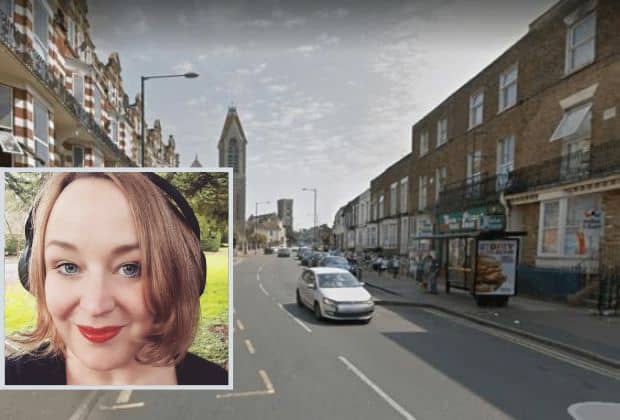
A Margate ward councillor says a Time Out article naming Cliftonville as the 8th coolest neighbourhood in the world yesterday (October 11) painted an image that omitted the realities of poverty, out of reach housing due to gentrification and displacement of residents struggling to survive.
Labour’s Helen Whitehead, who is shadow cabinet member for housing, says she loves Cliftonville but her caseload reflects a very different area to the one of ‘great coffee’ and “offbeat attractions,” depicted, instead comprising some 40 cases of housing issues, mostly due to section 21 evictions, and people being placed in temporary accommodation out of area.
The Time Out article celebrated the tourism aspects of the area and the growth of new businesses, particularly along Northdown Road, but Cllr Whitehead says she fears the overly rosy picture ignores the fact that many local residents cannot even afford basic living costs never mind attractions.
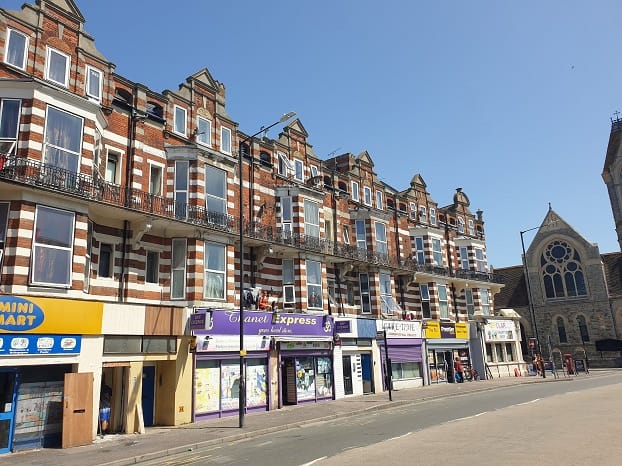
She said: “I’ve always loved Cliftonville. I’ve lived in Thanet since I was eight. That’s 33 years, on and off, of seeing Thanet in many different forms, across many highs and many lows.
“I’ve spent 15 years of my life in Cliftonville; have brought up my son here, adopted (too) many cats here, and have seen countless regeneration arguments grow and diminish and grow again.
“I’ve seen regeneration turn into gentrification. I’m not knocking regeneration, or any of the businesses or ventures mentioned in the Time Out article, or Walpole Bay or Cliftonville in general.

“I just want people to stop and think about what reductive narratives do to the realities that we’re facing.
“Regeneration should provide a future for everyone. Gentrification doesn’t. And the world described in the Time Out article excludes the reality of most of the residents I work with.
“Housing here isn’t affordable for most. It’s in a state of hyperinflation, with constant displacement.
“Local Housing Allowance for a 3 bed house in Thanet is £797.81 per month. 3 bed properties in Thanet now routinely exceed £1,200 a month. Local Housing Allowance is supposed to make the bottom 30% of housing accessible.
“A search today brings up no properties available at that price, and only 5 properties under £1,200 a month; and one at £2,750 a month; a rental rate that would have been unheard of even a year ago.”
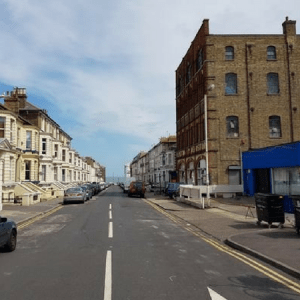
Cliftonville West, which has a population of just under 11,000, is ranked 4 out of 32,844 areas in England for deprivation, 1 is the most deprived and 32,844 the least.
The ward ranks as one of the lowest for income, employment, education and training with high rates of poor health, disability and crime.
Although annual data for children considered to be living in poverty no longer goes down to ward level, the 2018 statistics (last available at ward level) showed Cliftonville West as the hardest hit ward with 1,513 youngsters in poverty (after housing costs), equating to more than 52%. Next highest was Margate Central with 747 children in poverty, equating to 46.70% and then Newington with 777 children in poverty, equalling 46.96%.
A report published by Kent County Council in May this year (using data from 2020) also lists Cliftonville West ward as having the highest proportion of fuel poor households in the county with almost 1 in every 5 being in fuel poverty.
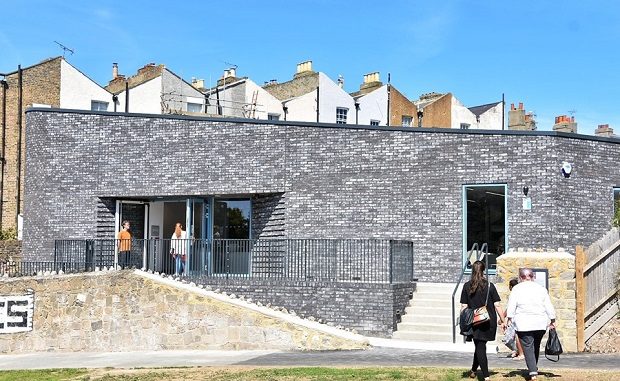
However, it is an area of contrasts where there are also a number of businesses flourishing in Northdown Road and nearby areas, from the established such as Dalby Cafe and the Walpole Bay Hotel to the new such as Self & Sea therapy and Tiarrah Pizza Bar. There are attractions bringing in visitors, such as Margate Caves and the Shell Grotto, two escape room businesses and, until it was closed in August, Margate Winter Gardens.
There are also properties snapped up by people coming into Thanet from more expensive areas and a proliferation of Air BnB and holiday let accommodation has sprung up – encouraging tourism but stifling residential availability for families. The area also has a large number of Houses of Multiple Occupation which see a high turnover of residents.

Cllr Whitehead said: “The removal of the reality of so much of our community here has made me, and what I do every day, feel like some kind of decorative fringe; an incidental, something that gives a theatre set a bit of authenticity. But the reality is that this fringe is fraying and disappearing, day by day, because those of us who grew up in the Thanet economy, and have often been defined by it, simply can’t afford the cost of the new world that is summed up in a couple of paragraphs.
“Regeneration, at the heart of it, is about wealth. Property developers know this; Councils know this; society knows this. It’s why art-washing exists as a concept and a reality. It’s rare for regeneration to effectively include and genuinely improve the lives of everyone within a community. There is so, so much more to Thanet, and Cliftonville and Margate especially, and to not acknowledge all of that story is to worsen inequalities and communication rather than address them.
“If we emphasise only the tourism aspect of our area, and thereby encourage only short term rentals, we remove those who are most vulnerable simply by pricing residents out of the housing market. That’s not regeneration. It’s displacement.
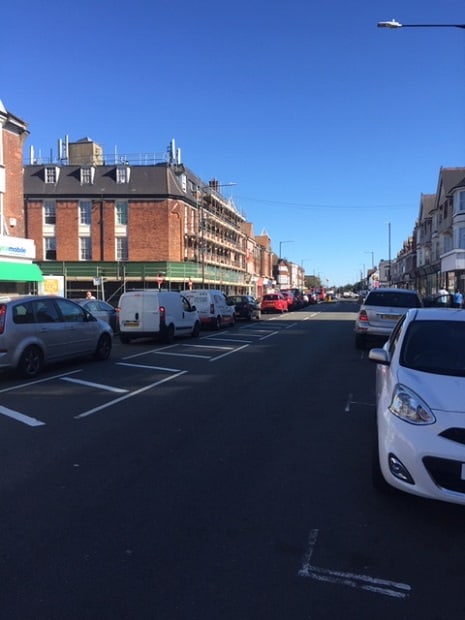
“If we pretend that we are not one of the most deprived areas in the country, with huge issues in terms of funding for even basic services, and little to no funding from central government for even the essential requirements we have, we write out a huge part of our story as a community.
“The story of most of Cliftonville is not one of comfort and sustainability. Eventually one of two things will happen, and both will have the same end point.
“We will either continue with reductive lifestyle narratives that emphasise “affordable” property, while Council Officers within housing struggle to find any genuinely affordable housing, and the initial narrative will become true; because everyone who relies on Local Housing Allowance, or is on a low wage, is displaced.
“Or we recognise as an area that simplistic narratives that encourage a move towards property solely as investment or tourism usage damages the community that we value, and make active efforts to turn this into regeneration, not gentrification.
“I love that people love Thanet. But for it to remain our home, for it to make sustainable progress, rather than simply economic progress, we need to stop looking at this as an either/or situation. Cliftonville can be cool, and still need huge support and investment.”

